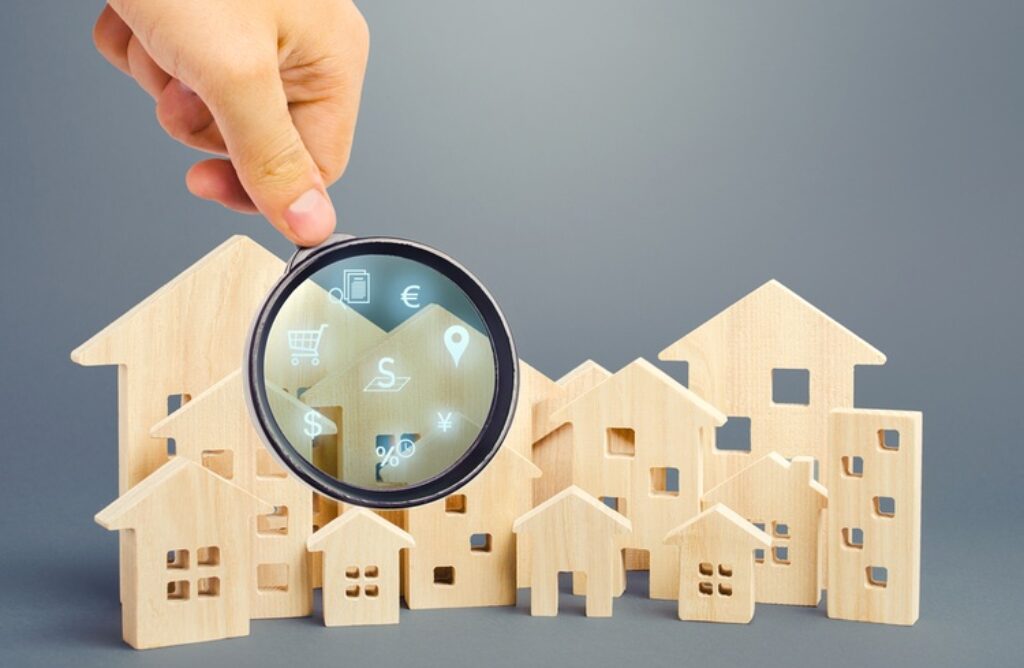
What is the Market Value of My House? Get an Instant Estimate
Finding out your home’s current market value provides insight into its selling potential. Here are tips for getting an instant estimate and checking your house’s worth.
Related Topics (Sponsored Ads):

Research Recent Nearby Sales
One of the best ways to estimate your home’s market value is to look at comparable homes recently sold in your immediate neighborhood. Check sites like Zillow, Redfin, Realtor.com, and your local MLS listing service to find sold listings with all the details. Focus your search on homes sold ideally within the last 1-3 months to get the most relevant data. Look for houses with similar features to yours, including square footage, number of bedrooms/bathrooms, lot size, age, condition, and layout. The more comparable the sold home is to yours, the more valuable the sales price is for gauging your home’s value. Adjust your estimate for notable differences between the sold homes and your property. For example, add weight if your home has a remodeled kitchen or additional bathroom that the sold home doesn’t. For any downgrades your home has, subtract the value. Comparing multiple recently sold comparable homes helps you triangulate a reasonable estimate of your current market value.
Use Online Estimators
In addition to checking recent sales, home value calculator tools on sites like Zillow, Redfin, Realtor, and Bankrate provide instant market value estimates. These sites ask you to enter your address plus details like square footage, number of bedrooms/bathrooms, lot size, year built, and any renovations or upgrades. Factor in any additions remodels, and improvements you’ve made that would affect value. Some calculators even let you mark conditions as “excellent,” “good,” “fair,” or “poor.” Entering accurate specifics gets you the best estimate. The sites use proprietary algorithms and available data on homes in your area to estimate your home’s current market value range. Be sure to get estimates from several places since each uses different modeling. Cross-check the calculations against recent nearby sales too. This gives you a solid ballpark figure in assessing your home’s worth.
Consult Local Real Estate Agents
Connect with real estate agents active in your neighborhood for expert perspectives tailored to your home. Provide your address and share details about your home, like age, beds/baths, lot size, condition, and upgrades. Then ask what listing price they would suggest for your home in today’s market. Experienced local agents will factor in current market conditions in your area, buyer demand, competition, and your home’s unique characteristics. Ask what price range your home could sell for within 30-60 days. Though agent estimates vary, chatting with 2-3 agents gives helpful insight into your home’s top market value from professionals. Before listing, agents may advise you on any minor repairs or staging to maximize your home’s worth.
Get a Professional Appraisal
Hire a licensed appraiser for the most accurate and detailed determination of your home’s current fair market value. An appraiser will thoroughly inspect your home inside and out and take measurements, photos, and notes. They’ll review comparable home sales, running the numbers to account for differences in features and condition. Appraisers also factor in any upgrades and improvements you’ve made. And they have access to in-depth MLS data that is private. An appraiser’s valuation report considers all details about your home and its marketability. It comprehensively estimates what your home could sell for in the current local real estate market. While appraisals cost $300-$500 on average, they provide unbiased documentation of value that holds weight when leveraging home equity or selling. Lenders also require inspections when financing real estate transactions. A professional appraisal is worth the investment for the most accurate snapshot of your home’s worth.
Conclusion
Determining your home’s market value requires digging into recent nearby sales, estimated ranges, and expert appraisals. While online estimators provide a solid starting point, real estate agents can tailor estimates based on local demand. For maximum accuracy, a detailed appraisal accounts for all your home’s unique details and market conditions. Knowing your house’s accurate market value lets you price it competitively when listing for sale. It also provides documentation of equity when leveraging for loans. You can objectively gauge your home’s worth with some research into comparables and professional input. Keeping tabs on market value over time shows how much equity you’ve gained.
Related Topics (Sponsored Ads):
Discover More






